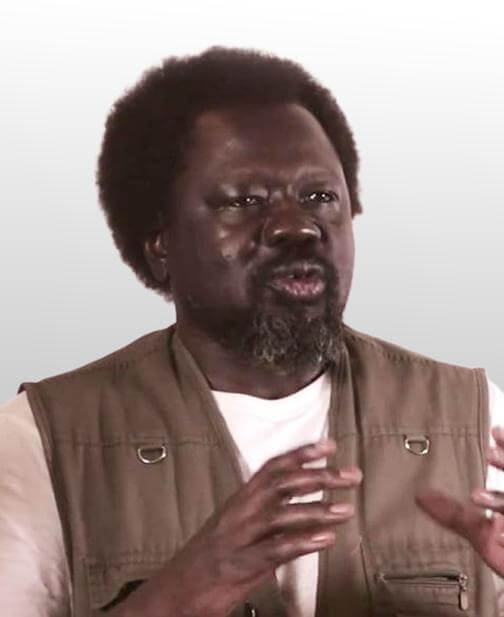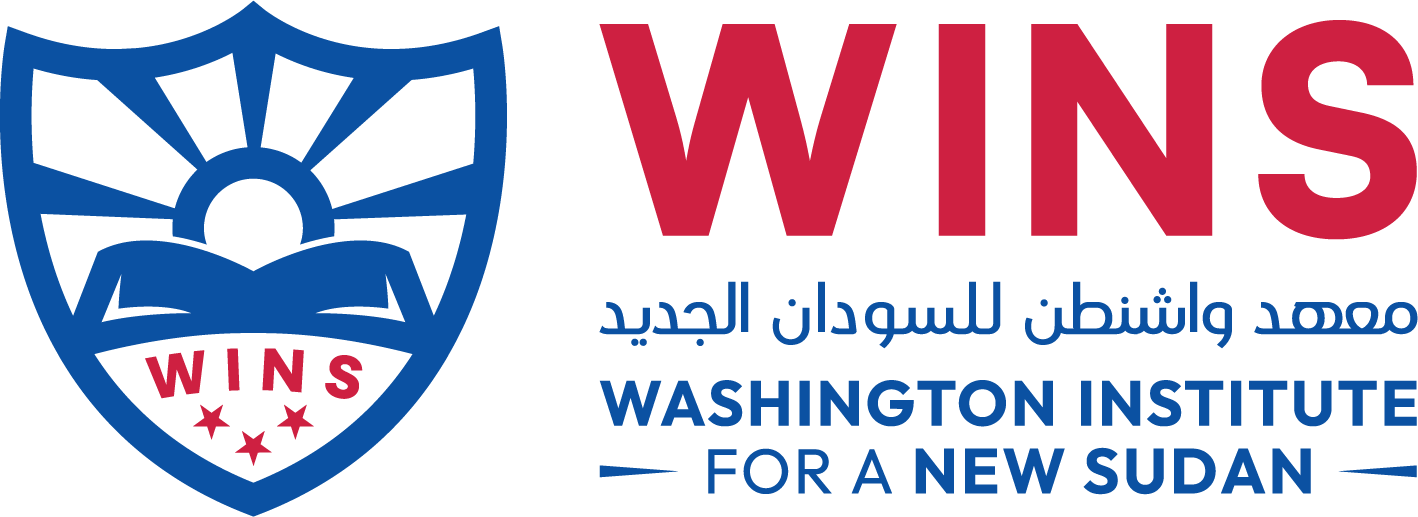Dr. Abakar Adam Ismail

Dr. Abakar Adam Ismail
Vice President and Director of Africa Programs
Dr. Abakar Adam Ismail is a prominent Sudanese thinker, novelist, and cultural critic best known as the principal theorist of the dialectical relationship between the center and the periphery in Sudan. His intellectual and literary work has been foundational in reshaping contemporary Sudanese thought on identity, marginalization, and state-building.
Born in the village of Al-Furshaya in the rural outskirts of Dilling, Nuba Mountains/South Kordofan, Dr. Abakar’s life has been a testament to determination and intellectual pursuit. From humble beginnings as a construction worker, he rose to study dentistry at the University of Khartoum, where his passion for literature, philosophy, and political thought flourished. It was there that he began writing poetry, short stories, and political essays, and became active in the Independent Students Movement.
Dr. Abakar’s seminal contribution to Sudanese political thought is his groundbreaking work, “The Dialectic of the Center and the Periphery,” a book in which he explored the historical and structural inequalities that have long defined Sudan’s political and cultural order. His analysis has inspired a generation of scholars, activists, and politicians across Sudan and beyond, offering a lens through which to understand and challenge exclusion, domination, and the centralization of power and wealth.
In addition to his original writings, Dr. Abakar has played a vital role in bridging African intellectual traditions and the Arabic-speaking world. He has translated several foundational works on Pan-Africanism—and by leading Pan-Africanist thinkers—into Arabic, helping to expand the reach of decolonial and liberationist ideas across the continent. His translations have brought critical texts into Sudan’s intellectual discourse and empowered new conversations around African unity, identity, and resistance.
Dr. Abakar is also an acclaimed novelist. His literary works include “Dreams in the Land of the Sun,” “The Road to the Impossible Cities,” and “The Other Bank,” which he completed during his time in Canada. His fiction blends poetic language with profound political and philosophical insight, often capturing the lived experiences of marginalized communities and confronting the cultural fractures of Sudanese society.
After years abroad, Dr. Abakar returned to Sudan with a renewed commitment to knowledge, justice, and enlightenment. He views the production of thought as a moral responsibility and has dedicated his life to fostering critical awareness among young people. His writing continues to challenge dominant narratives, provoke reflection, and illuminate the possibilities of a more just, inclusive, and culturally rich Sudan.
One of his most powerful statements encapsulates his ethos: “My negotiations with history are still ongoing. I try to convince it that our homes were also beautiful, as were our songs and our women… Tomorrow, we shall open another window to the daylight.”
